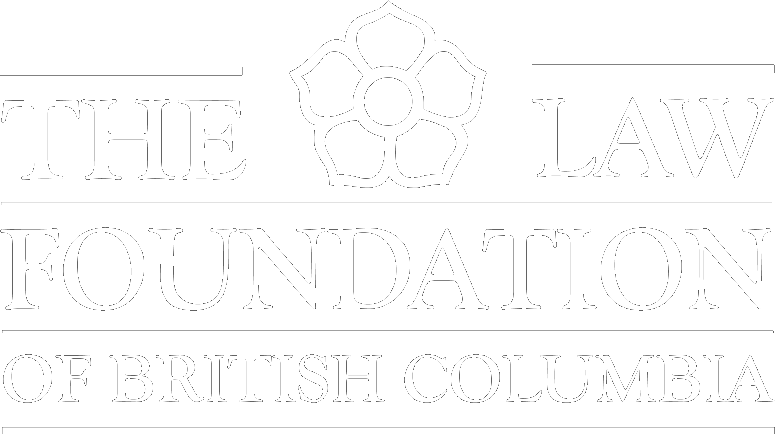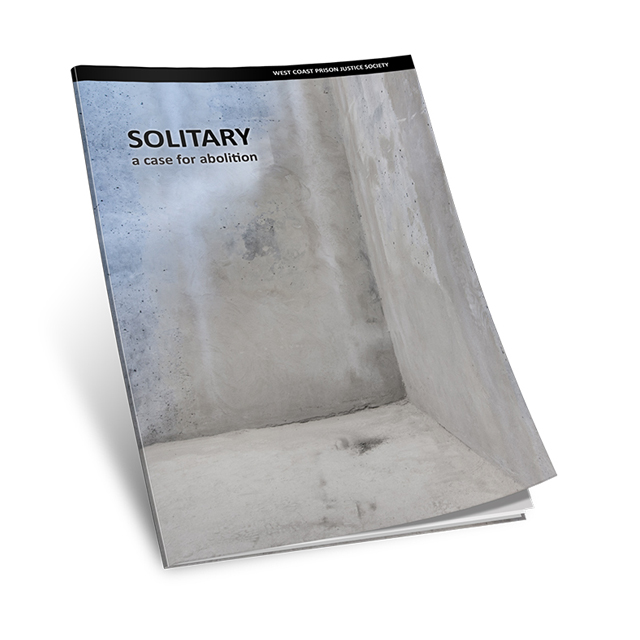SOLITARY CONFINEMENT
On November 19, 2018, Prisoners’ Legal Services made submissions to the federal government on Bill C-83, An Act to amend the Corrections and Conditional Release Act. Bill C-83 makes changes to the laws on solitary confinement, but PLS argues they don’t go far enough to protect prisoners’ rights.
Read the Canadian Bar Association’s submissions here.
International law ethical guidelines for medical professionals working in prisons
International law requires health care providers who work in prisons not to participate actively or passively in torture or other cruel treatment or punishment.
The United Nations Standard Minimum Rules for the Treatment of Prisoners (the Mandela Rules) prohibit the use of solitary confinement against prisoners with mental or physical disabilities that would be exacerbated by isolation for any amount of time, and against anyone for more than 15 days, because in these circumstances, solitary confinement constitutes torture or cruel, inhuman or degrading treatment or punishment.
Prisoners’ Legal Services has written to the BC Correctional Health Services asking them to adopt guidelines for members that would comply with international law. Click here to see our recommendations.
WCPJS/PLS has released a report on the use of solitary confinement in BC and Canada.
Solitary: A Case for Abolition is a detailed prescription for the best practices in abolishing solitary confinement in Canada. This project is funded by the Law Foundation of BC.
Highlights of the report include:
- research on the use of solitary confinement by BC Corrections and the Correctional Service of Canada (Pacific Region) based on law, policy and client interviews;
- a review of recommendations made by the United Nations, the World Health Organization, the Correctional Investigator for Canada, medical professional associations and coroners’ inquests, including the Ashley Smith Inquest Jury recommendations;
- a review of journal articles on the psychological and psychiatric effects of long term solitary confinement;
- research on law reform in other jurisdictions that has put limits on the use of solitary confinement; and
- recommendations based on the above research to BC Corrections and the Correctional Service of Canada regarding the use of solitary confinement.
Download the complete report here.
Solitary confinement is the practice of isolating prisoners alone in a small cell for 22 hours or more per day with little meaningful human contact. BC Corrections calls this “separate confinement” or “segregation”, and the Correctional Service of Canada calls it “segregation” or “administrative segregation”. Research shows that prisoners can suffer irreversible and harmful psychological effects from isolation after 15 days.
Prisoners’ Legal Services
302-7818 6th Street
Burnaby, BC
Tel: 604-636-0470
Fax: 604-636-0480
Email: info@pls-bc.ca

We are grateful for the
funding provided by

How to Show Your Support
Help us to continue to fight for the human rights of prisoners in BC! PLS is currently litigating the important systemic issues of the segregation of prisoners with mental disabilities, access to health care, transgender prisoner rights, and access to religion and Indigenous spirituality. We need help to continue to do this important work. Donations to West Coast Prison Justice Society are non-charitable and are not tax deductible.
Donations can be made to
West Coast Prison Justice Society
Please call us at 604-636-0470 or email us at info@pls-bc.ca if you would like to discuss your donation.
Thanks for your support!


